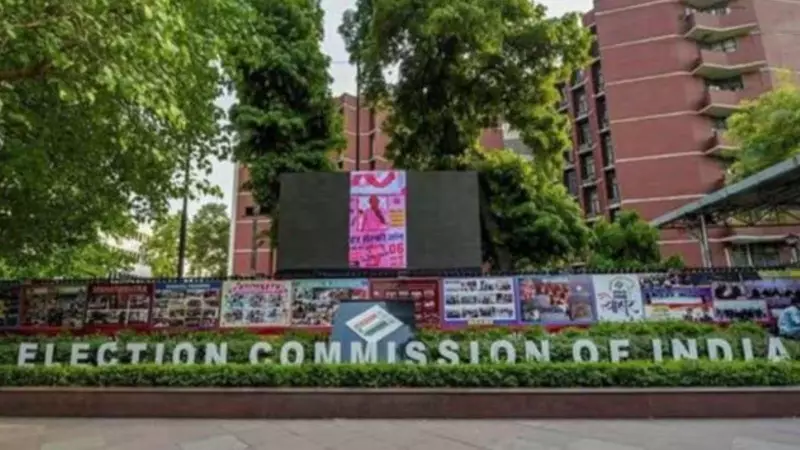
In a landmark move to safeguard electoral integrity, the Election Commission of India has drawn a clear line in the digital sand. Political parties across the nation have been officially warned: artificial intelligence-generated content that masquerades as real cannot be used in campaigns without explicit consent.
The New Digital Battlefield
The electoral watchdog's directive comes as advanced AI tools make it increasingly difficult to distinguish between genuine and synthetic media. From voice cloning to hyper-realistic video manipulation, the technology poses unprecedented challenges to free and fair elections.
"The era of 'seeing is believing' is under threat," the Commission noted in its comprehensive advisory to all recognized national and state political parties.
What Exactly Is Banned?
The Commission's guidelines specifically target content that could:
- Misrepresent real individuals through deepfake technology
- Create synthetic audio that mimics actual people's voices
- Generate fabricated videos showing people saying or doing things they never did
- Produce any AI-generated content that could mislead voters about candidates' positions or actions
Consent Is Non-Negotiable
The core requirement is crystal clear: political parties must obtain proper consent before using any AI-generated content featuring real individuals. This applies whether the content portrays candidates, opponents, or ordinary citizens.
The guidelines emphasize that even with consent, parties must clearly disclose when content has been artificially generated or modified. Transparency is no longer optional—it's mandatory.
Why This Matters Now
With general elections looming, the timing couldn't be more critical. AI tools that were once accessible only to tech giants are now available to virtually anyone with an internet connection. The Commission recognizes that the 2024 elections could be the first where AI-generated disinformation becomes a widespread threat.
The move positions India among the first major democracies to proactively address AI's potential for electoral manipulation, rather than reacting after the damage is done.
Enforcement and Consequences
While the Commission hasn't detailed specific penalties for violations, the advisory carries significant weight. Parties found using unauthorized synthetic media could face:
- Formal censure and public disclosure of violations
- Potential restrictions on campaign activities
- Legal consequences under existing election laws
- Damage to credibility and public trust
The Commission has made it clear that existing model codes of conduct and election laws already provide the framework to address such violations, even as specific AI regulations continue to evolve.
A Global Precedent
India's proactive stance sets an important precedent for democracies worldwide grappling with the same challenges. As AI technology advances at breakneck speed, electoral bodies everywhere are watching how this massive democracy navigates the intersection of technology and democracy.
The message to political parties is unambiguous: innovate in your campaigning, but don't cross the line into digital deception. The integrity of India's democratic process depends on it.





